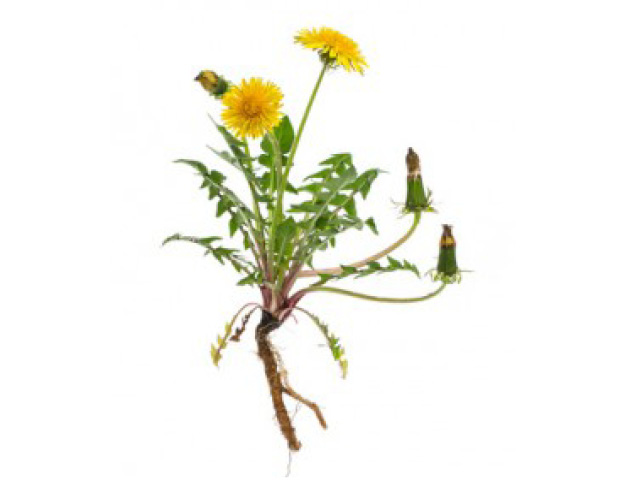
Health Benefits:
Aids in digestion
Aids in weight loss
Detoxifying effects
Diuretic
Fights acne
Improves bone and muscle health
Improves hair skin and nails
Increases immunity
May reduce cholesterol
May reduce risk of Alzheimer
May reduce stress
May regulate blood sugar
May regulate heart rate
Reduces risk of lung cancer
Reduces risk of oral cancers
Reduces risk of prostate cancer
Relaxation
Relieves constipation
Nutrition:
Serving size: 1 cup, chopped; Calories: 25; Fat: 0g; Cholesterol: 0mg; Sodium: 42mg; Carbs: 5g; Fiber 1.9g; Sugars: 0g; Protein: 1g; Potassium: 0%DV; Vitamin A: 112%DV; Vitamin C: 32%DV; Calcium: 10%DV; Iron: 9%DV
Did You Know?
- Dandelion root originated from the Central Asian region
- Fresh dandelion greens, flower tops, and roots contain valuable constituents that are known to have anti-oxidant, disease preventing, and detoxifying properties
- Dandelion is probably the richest herbal source for vitamin K
- May act as a diuretic which can make medications leave your body faster. And also interacts with many medications
Ways to Eat:
- Juiced
- In tea
- On/in meats and other dishes
Farming Trivia:
- Dandelion root is also called priest's crown, Irish daisy, monk's head, blowball and lion's tooth
- Dandelion leaves, flowers, and roots are all edible
Note: Always consult a physician for any specific health questions and concerns. Some of this information may be subject to change should there be any new findings from Federal Health Administration (FHA), Food & Drug Administration (FDA), American Medical Association (AMA), American Cancer Society (ACS), and / or other leading food, nutrition and medical advisors.

